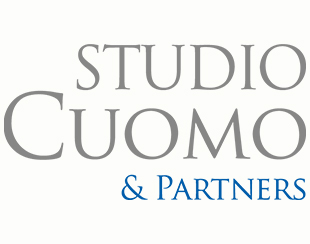
31 Jul 'recommendation’ and abuse of office
The mere report or recommendation of the private person does not constitute moral concurrence in the crime of abuse of office, in the absence of further positive or compulsory behaviors that have a decisive effect on the conduct of the qualified subject, given that the recommendation leaves free the will of the active subject to join or not according to his own personal appreciation. What is relevant for this purpose, however, is the actual verification of whether the request for evidence, intended as a signal or recommendation, has had a decisive effect on the conduct of the qualified person, constituting in this hypothesis, instead, a form of moral participation in the crime. In the specific case examined, the Supreme Court has recognized the existence of the crime of abuse of office, having proved in fact that it had been the report, by telephone, received during a road check, to induce the public official to omit the contestation of the most serious traffic offense, having been determined in the decision for the sole purpose of bringing an undue financial advantage to the subject under control, avoiding the withdrawal of the registration certificate as well as the outlay of a greater sum of money (Cass. 21006/21).


